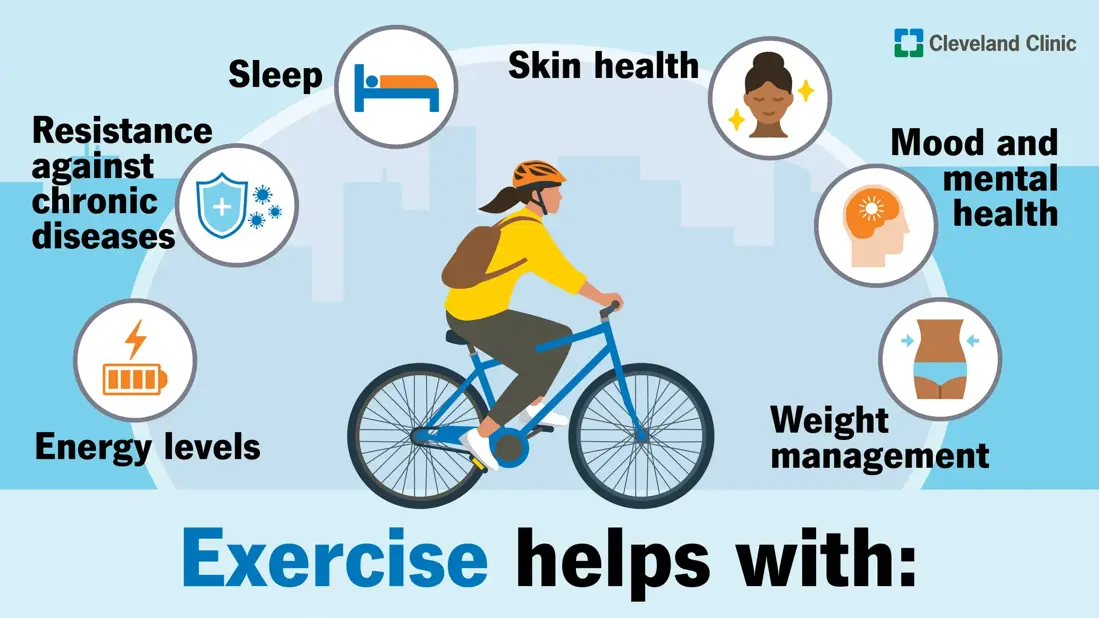When people think about sports, they usually picture physical fitness—building muscles, staying active, or maintaining a healthy body weight. But sports offer much more than just physical benefits. Engaging in sports, whether team-based or individual, can have a powerful impact on mental health. From reducing stress to building confidence, the psychological rewards of sports are just as valuable as the physical ones.
In this article, we’ll uncover the top mental benefits of playing sports and how they can improve your overall quality of life.
Sports Beyond Physical Fitness
While regular exercise keeps your body healthy, sports go one step further by encouraging discipline, teamwork, and resilience. They create a structured environment where both the mind and body grow stronger.
Mental Benefits of Playing Sports
1. Reduces Stress and Anxiety
Playing sports helps release endorphins, the body’s natural “feel-good” hormones. These reduce stress, improve mood, and promote relaxation.
2. Boosts Confidence and Self-Esteem
Achieving goals, winning games, or simply improving personal performance boosts confidence and self-belief. Even small achievements on the field can translate into greater self-assurance in daily life.
3. Improves Focus and Concentration
Sports require quick decision-making, strategic thinking, and staying alert. This sharpens focus and mental clarity, which carries over into academics, work, and problem-solving.
4. Enhances Emotional Resilience
Losing a game or facing challenges in sports teaches you how to handle setbacks, develop resilience, and bounce back stronger—important lessons for life.
5. Builds Social Connections
Team sports encourage collaboration, communication, and trust. The friendships built on the field often provide emotional support and a sense of belonging.
6. Promotes Better Sleep
Active participation in sports helps regulate sleep patterns, reducing insomnia and improving overall mental well-being.
7. Encourages Discipline and Motivation
Sports teach consistency, time management, and the importance of practice—habits that extend beyond the playing field.
Team Sports vs. Individual Sports
- Team Sports (football, basketball, cricket): Teach collaboration, leadership, and communication.
- Individual Sports (tennis, running, swimming): Develop self-discipline, independence, and personal accountability.
Both types contribute positively to mental health, and choosing the right one depends on personality and preference.
Tips to Stay Consistent in Sports
- Choose a sport you genuinely enjoy
- Set realistic goals
- Find a partner or team for motivation
- Balance sports with rest and recovery
Conclusion
Sports are much more than physical workouts—they’re a natural way to strengthen your mind, boost confidence, and improve overall mental well-being. Whether you prefer playing in a team or competing individually, the mental benefits are undeniable.














